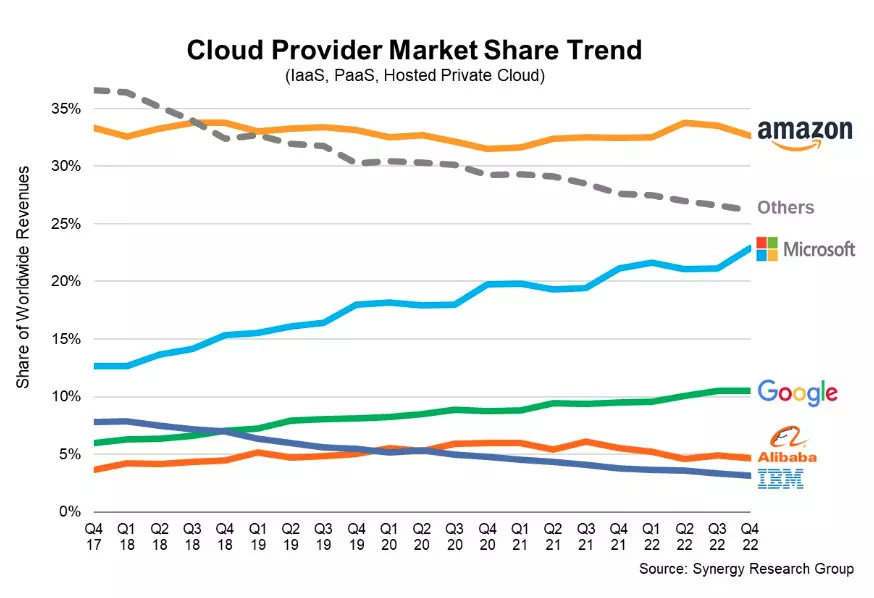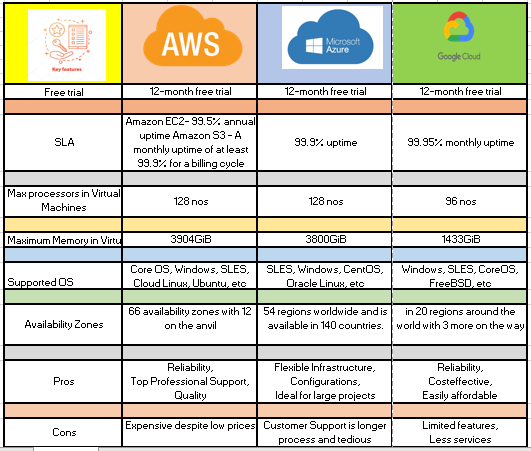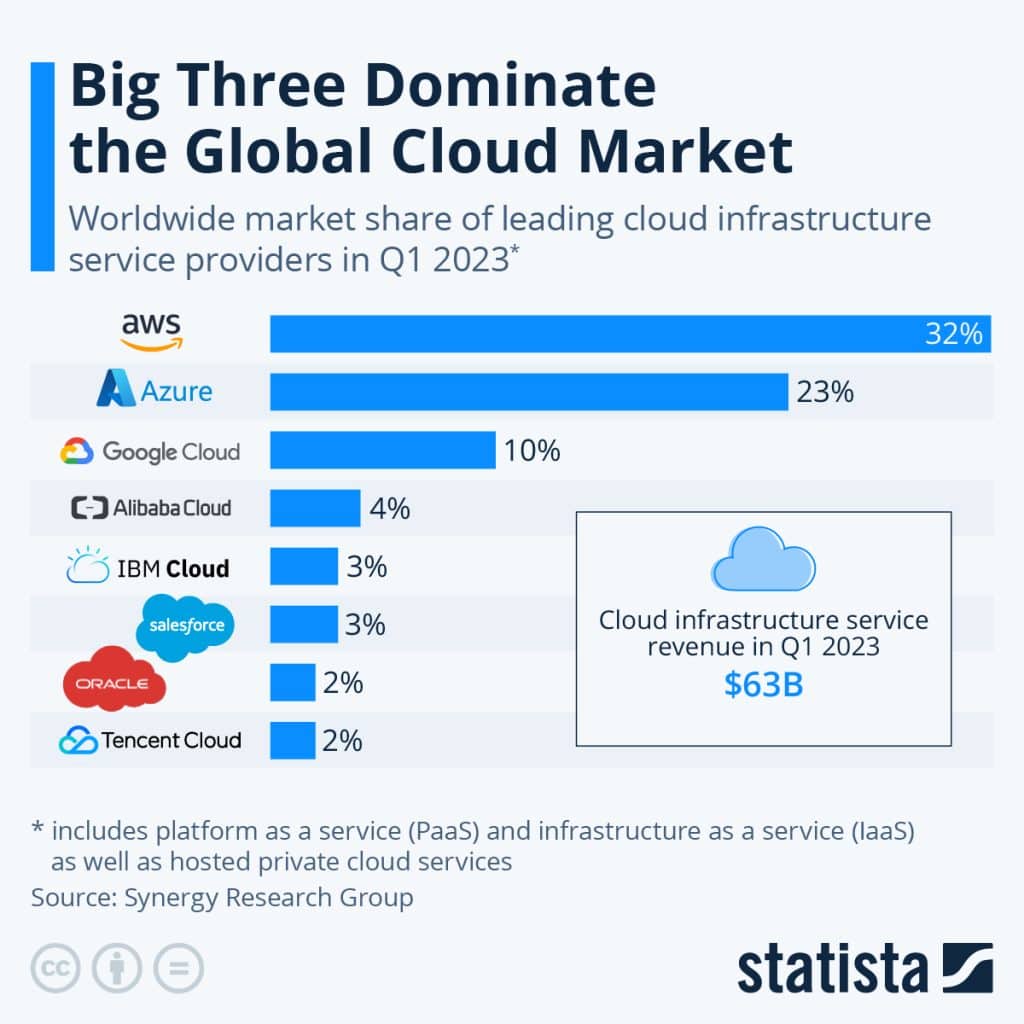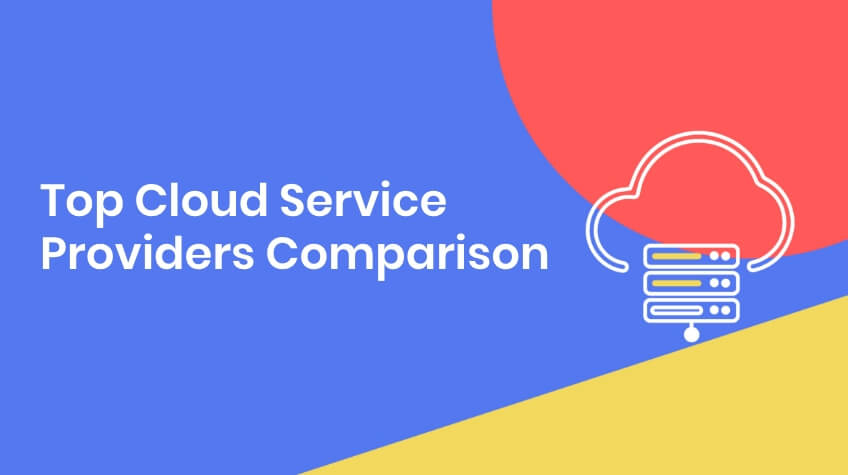A Comprehensive Comparison Of Cloud Service Providers In 2025

In today’s digital landscape, choosing the right cloud service provider can make or break your business. With numerous options available, it’s crucial to understand the strengths and weaknesses of each provider. This article offers a comprehensive comparison of cloud service providers in 2025, helping you navigate the complex cloud landscape and find the best fit for your organization’s needs.

Introduction to Cloud Service Providers
Cloud computing has transformed how businesses operate. Since its inception, it has provided flexibility, scalability, and cost savings. As organizations increasingly rely on cloud solutions, the number of cloud service providers has also grown. Choosing the right provider is essential for maximizing efficiency and minimizing risks. Let’s explore the top cloud service providers in 2025.

Top Cloud Service Providers in 2025
When it comes to cloud services, several providers stand out in 2025:
-
Amazon Web Services (AWS): With a market share of 32%, AWS continues to lead the cloud services industry. It offers a wide range of services, from computing power to storage solutions, making it suitable for businesses of all sizes.
-
Microsoft Azure: Holding 20% of the market, Azure excels in hybrid cloud solutions. Its integration with Microsoft products makes it a favorite among enterprises already using Microsoft software.
-
Google Cloud Platform (GCP): With an 11% market share, GCP is known for its data analytics and machine learning capabilities. Its user-friendly interface attracts startups and tech-savvy businesses.
-
IBM Cloud: Although it has a smaller share, IBM Cloud focuses on enterprise solutions and offers strong support for AI and machine learning initiatives.
-
Oracle Cloud: Oracle specializes in database management and enterprise resource planning (ERP), appealing to companies looking for robust data solutions.
These providers have earned their reputations through consistent innovation and performance in the cloud computing space.

Comparison of Cloud Service Models
Cloud services typically fall into three categories: Infrastructure as a Service (IaaS), Platform as a Service (PaaS), and Software as a Service (SaaS). Understanding these models is key to making an informed choice.
| Service Model | Description | Use Cases |
|---|---|---|
| IaaS | Provides virtualized computing resources | Hosting websites, data storage, and backup |
| PaaS | Offers a platform for developing apps | Application development, testing, and deployment |
| SaaS | Delivers software over the internet | Email services, customer relationship management |
IaaS is ideal for businesses needing control over their infrastructure. PaaS is best for developers looking to streamline application creation. SaaS provides ready-to-use software solutions, minimizing setup time and maintenance.

Factors to Consider When Choosing a Cloud Provider
When evaluating cloud service providers, consider these critical factors:
-
Security Features: Data breaches can be devastating. Look for providers with robust security protocols, including encryption and multi-factor authentication.
-
Pricing Structures: Understand the pricing models. Some providers charge based on usage, while others have fixed monthly rates. This can significantly affect your budget.
-
Performance and Reliability: Downtime can hurt productivity. Research uptime guarantees and performance metrics.
-
Scalability: As your business grows, your cloud needs will change. Choose a provider that can scale services easily without significant disruptions.
-
Customer Support: Good customer support can save you time and frustration. Check for 24/7 support options and user reviews.
Taking these factors into account will help you select a provider that aligns with your business goals.
Conclusion
In summary, the cloud service providers landscape in 2025 offers various options catering to different business needs. AWS, Azure, and GCP remain the top choices, each with unique features and advantages. As you evaluate your options, consider your organization’s specific requirements, such as security, pricing, and scalability.
For further reading, check out our articles on cloud computing basics, the benefits of cloud storage, and how to migrate to the cloud. By making an informed decision, you can leverage cloud technology to drive your business forward.